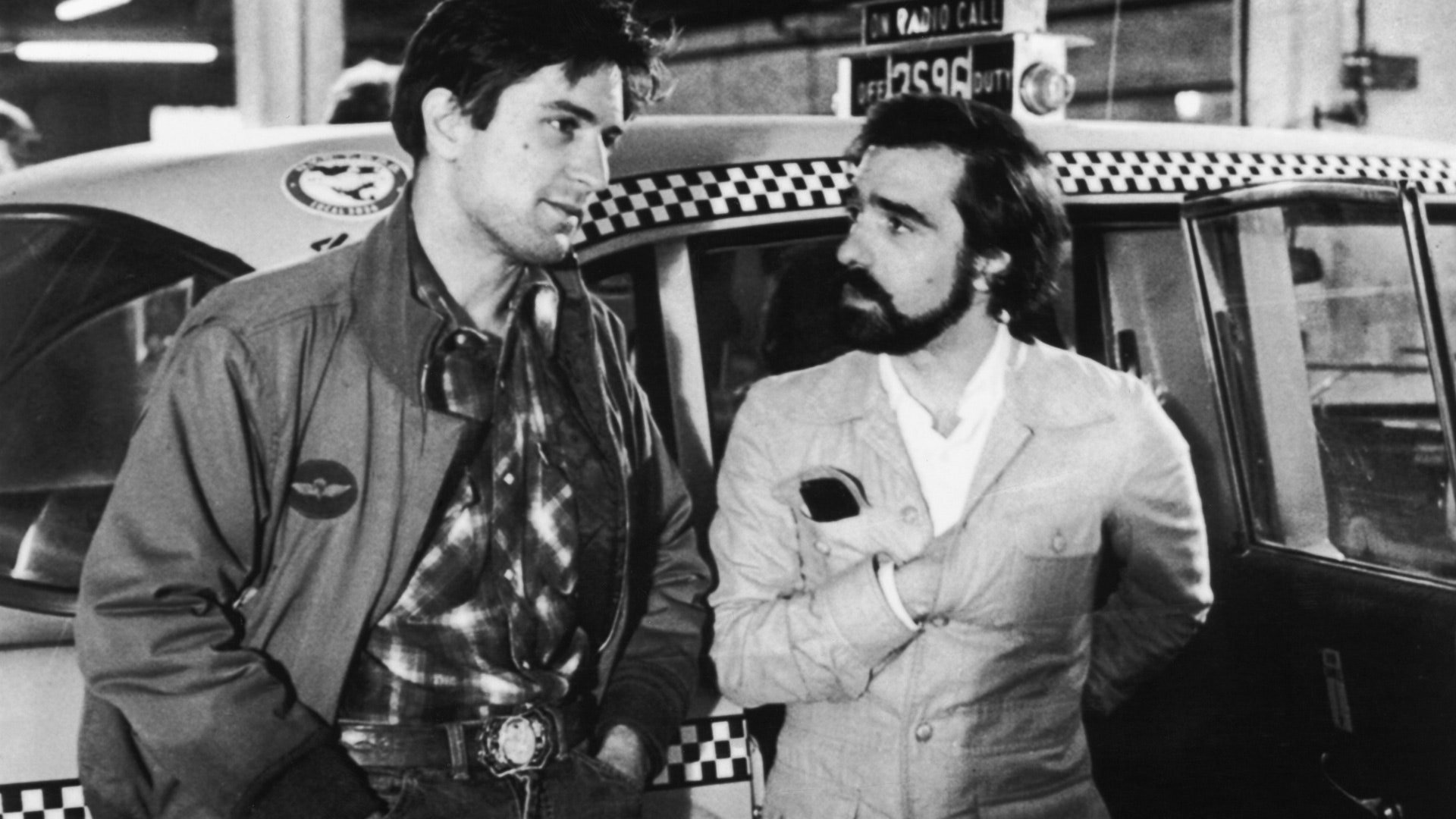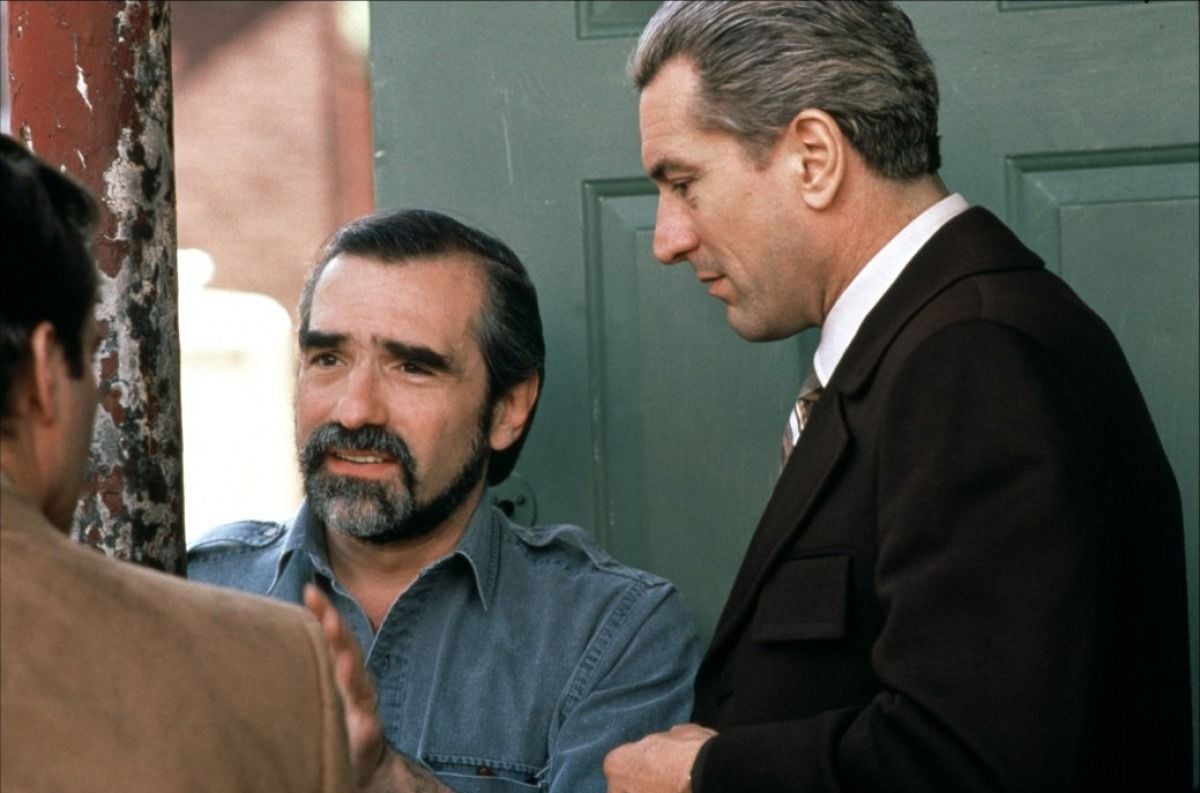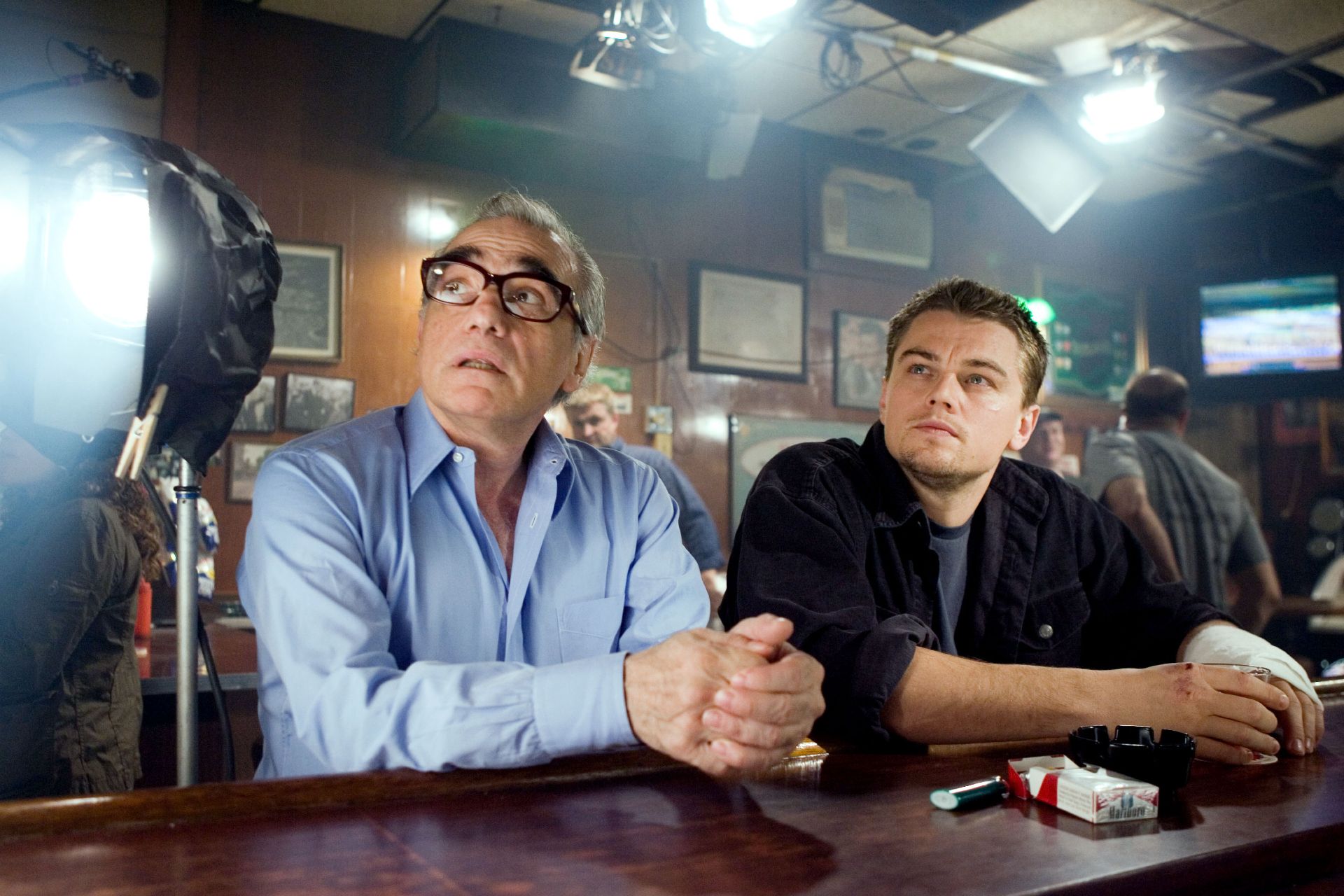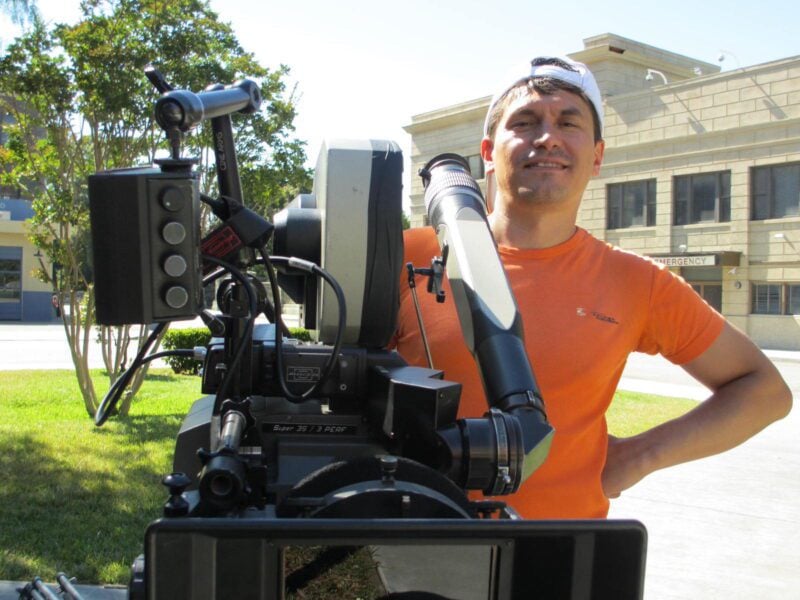
Scorsese’s career through the decades
Martin Scorsese occupies that rare position as a director of being both an artistic talent and a box office success. His career has spanned six decades and some of his films are considered to be among the best ever made. While he has explored many of the same themes across his career — often with the same actors — he continues to bring something new to the screen. Here is a brief look at some of the highlights of his career.

1970s
Mean Streets (1973) was Scorsese’s first big breakthrough. It was also the start of his relationship with Robert De Niro. The film does an impressive job of capturing the feel of 1970s New York and, like many of his later films, explores themes of religion, obligation and violence.
In the ‘You talkin’ to me?’ mirror scene in Taxi Driver (1976), Scorsese created one of the most recognizable moments in cinema history. It has been recreated in countless films. Travis Bickle’s standoff with an imaginary antagonist has become a symbol of impotent male aggression and the danger it poses to society.

1980s
With Raging Bull (1980), Scorsese cemented his reputation as one of the most talented directors of the day. The film, which again starred De Niro, tells the story of middleweight champion boxer Jake LaMotta. It was nominated for eight Academy Awards and won two: Best Actor and Best Editing. The film’s brutal depiction of human nature has contributed to its recognition as one of the greatest films of the decade.
The King of Comedy (1982) saw Scorsese moving in a different direction and embracing comedy — though with an edge. This film is a hilariously dark satire of celebrity worship and America’s obsession with fame, a terribly prescient film. If any fans of Todd Philip’s Joker (2019) aren’t familiar with The King of Comedy, then they are in for a treat.

1990s
1990’s Goodfellas is one of Scorsese’s most iconic films, featuring De Niro, Joe Pesci and Ray Liotta at the height of their careers. The film follows the rise and fall of a small group of mob associates through the 1950s-80s. Pesci’s portrayal of a volatile man, whose rage simmers constantly and frequently, erupts with frightening consequences is a stunning performance. Alongside everything else, the film features some of the most gloriously gaudy 1980s apartment sets, which are a joy to see.
Casino (1995) continues Scorsese’s fascination with the criminal underworld of the mob and the spaces where it crosses over into the regular world. It tells the story of Las Vegas’ transition from a mob town to one ruled by corporations through the eyes of a low-level sports handicapper who becomes a mafia casino boss.
If the film’s murders, car bombing and gruesome deaths in a pit of quicklime have scared you away from traditional casinos, check out these online slots. Some, like Rags to Riches, Money Towers and Vegas Nightlife, even capture the vibe of Scorsese’s gangster films.

2000s
Gangs of New York (2002) is one of the great epic films of the 21st century. It was nominated for 10 Academy Awards. While it didn’t end up winning any, it is recognized as an important depiction of 19th century New York. The film is also notable for being the start of Scorsese’s partnership with Leonardo DiCaprio.
The Departed (2006) marked a change of pace for Scorsese. Though the subject matter remained similar — the film focuses on mob infiltration of a Boston police department and an undercover officer’s attempts to trace the mole — the film has a contemporary setting. Leaving his beloved 1970s behind allowed Scorsese to engage with the technological developments that have recently reshaped policing.

2010s
The Irishman (2018) might have been overlong and underwhelming as a film, but as a love letter from an aging director to the actors who have brought his films to life over the last 60 years, it was a thing of beauty. De-aging visual effects gave his septuagenarian cast a chance to relive their glory days on a grand scale.
Perhaps the most impressive piece of Scorsese’s legacy is not one of his films, but his dedication to the preservation and presentation of international films. The World Cinema Foundation, launched by Scorsese in 2007, has been integral in the restoration of important films from countries that are underrepresented in the film world.
This commitment to ensuring that cinema’s diverse heritage is preserved for future generations and shared with wider audiences, is a sign of Scorsese’s greatness as an artist and director. His talent allows him to recognize and celebrate the talents of others.







